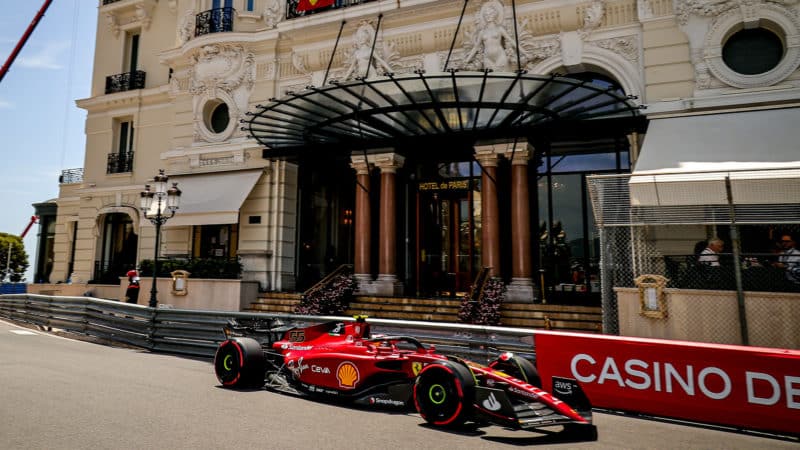Gambling, in some form, is now legal in 30 States and a partnership with Formula 1 would make sense at a time when both industries are trying to crack the American market.
Next year’s return of the Las Vegas Grand Prix, which will thankfully graduate from the Caesars’ car park to Vegas’ Strip, home to the majority of the big-brand casinos, could be used to strengthen any formative bonds between the two parties.
From a bettor’s perspective, wagering on F1 is becoming increasingly popular, with an increasing number of options on the best sportsbooks, even tempting the likes of superstar musician Drake to dip his toe in the water.
The Canadian may not be rushing back after losing over $230,000 on the outcome of this year’s Spanish Grand Prix but the number of ordinary race fans happy to have a regular punt has risen in recent years.
A competitive title race in 2021 certainly helped peak interest, while Liberty Media’s improved presentation of the sport has been another driving force behind the rise.
Paul Steele, an F1 trader for bet365, one of the UK’s biggest online bookmakers, told Motor Sport: “We have seen a rise in turnover in the last few years thanks in part to F1 TV coverage being excellent and I would suggest the Drive to Survive series on Netflix may also have something to do with the rise in popularity.
“The main markets have always been popular, but the vast array of props that we do for each race (currently over 80) as well as a huge number of boosts, have also caught the customers’ attention.”
From a business perspective, Steele is keeping his fingers crossed Red Bull’s current domination won’t extend beyond this season, while he’s hopeful a closer relationship between F1 and the betting industry might result in bookmakers being able to offer bettors an even greater selection of markets in the future.
“Clearly, we’d like the Outright market to be more competitive with [Max] Verstappen going off short these days,” he added. “From a personal point of view, I’d like more data to be released so we could offer even more markets.”

